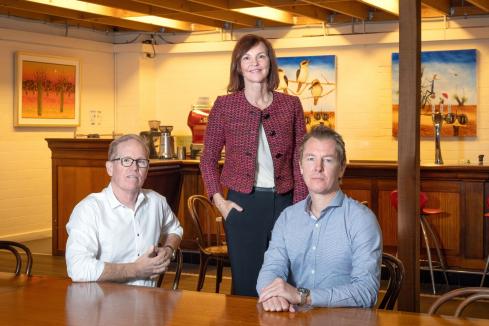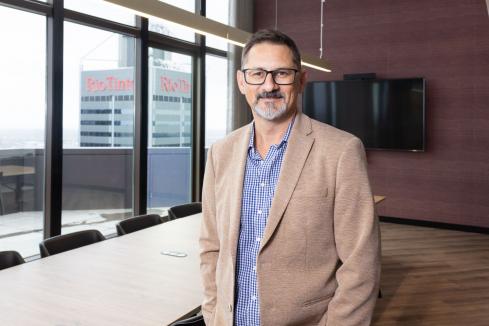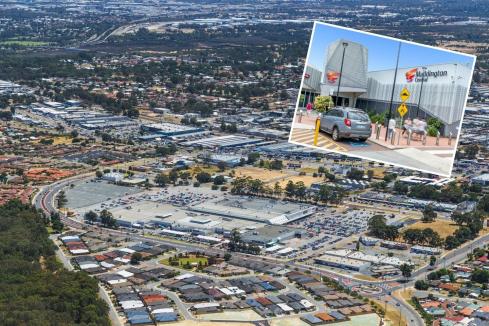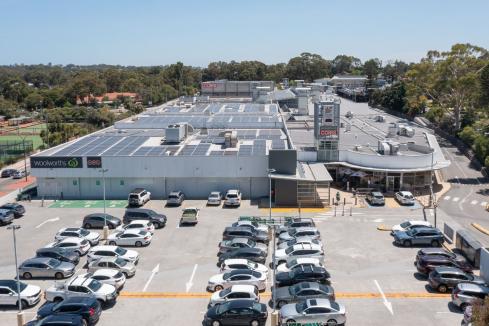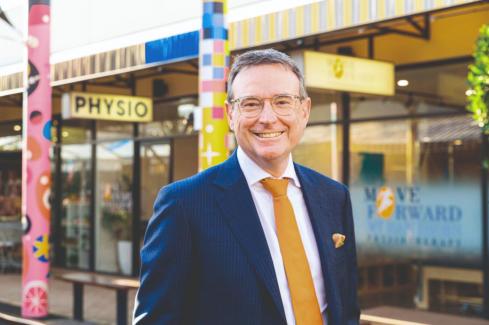Market commentators are reporting that the Perth CBD office market is on the road to recovery, but it will take more than positive comments to restore investor faith in one of the property industry’s most volatile sectors.

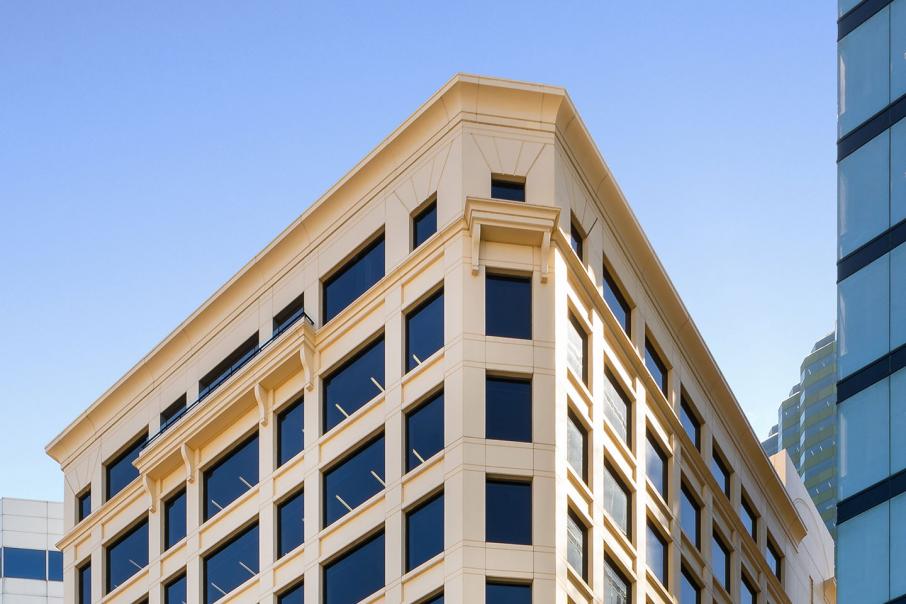
THE light at the end of the tunnel has well and truly begun to shine for the Perth office market, recently recording its sixth consecutive fall in vacancy.
Total office vacancy in the CBD dropped from 18.4 per cent to 17.6 per cent in the six months to January 2020 according to the latest report from the Property Council of Australia.
Australasian Property Investments Limited (APIL) managing director Peter Hughes said while the drop in vacancy rates was somewhat marginal, there was no doubt the office market was starting to trend in the right direction.
“It’s no secret that Perth experienced some of the worst office market vacancy rates in the country over the past six years as a result of the mining downturn,” Mr Hughes said.
“The CBD office market looks like it is turning around and that’s for many reasons; The Western Australian economy has showed positive signs with mining projects recommencing, the WA State budget is in surplus after many years of deficit, GST state payments have doubled, tourism activity has bolted up 20 per cent and federal and state government infrastructure spending is prominent within the local economy, helping to increase demand for office space in the CBD.
“Additionally, tenants are still looking for the best accommodation while it is still relatively cheap compared to a decade ago. However, some caution should be taken given recent economic events.”
Mr Hughes said property owners had quickly turned to new fit-outs and building upgrades as a solution to keeping and attracting tenants.
“APIL has always acquired well located office buildings with good natural light,” he said.
“To keep and attract tenants we have developed a range of strategic leasing programs across all of APIL’s office assets since our inception almost 20 years ago.”
Proactive play
Mr Hughes said taking a proactive rather than a reactive approach had underpinned APIL’s leasing success despite challenging market conditions.
“Minimising vacancy is top of mind for every property owner, but unfortunately it’s only when the going gets tough that owners rush in to address issues like refurbishment or out of date building services,” he said.
“Over the years we’ve taken the time to listen to tenants and as a result we’ve implemented a number of initiatives including installing end-of-trip facilities, carrying out lift upgrades, new air-conditioning and modernising common areas - well before the end of a tenant’s lease term.”
APIL was recently awarded the best Western Australian office lobby refurbishment for its CBD asset, 30 The Esplanade.
Mr Hughes said APIL’s Fund managers regularly engaged with tenants well before lease expiry to renegotiate a lease extension, resulting in strong tenant retention within its buildings.
“When there have been vacancies, our leasing team have established strong and positive industry contacts to source prospective new tenants to fill vacancies,” he said.
“And the proof is in the numbers; several of our commercial office buildings located in and around the Perth CBD are 100 per cent leased with our total office vacancy just 4 per cent.”
High achievers APIL’s fully-leased properties includes 130 Royal Street in East Perth (1,857sqm), its office and retail building at 50 Subiaco Square in Subiaco (2,093sqm), as well as 50 Kings Park Road, West Perth (4,004sqm).
“Our sound acquisition process is also a contributor to our success, investing in properties we think are, or will be, strategically located with high tenant appeal,” Mr Hughes said.
Located in the heart of Perth’s CBD, APIL’s largest office asset 30 The Esplanade (representing 7,070sqm) is currently 96 per cent occupied - still significantly higher than Perth’s market average of 81 per cent.
Strategy pays off
Mr Hughes said APIL’s leasing strategy had been successful by retaining existing tenants and appealing to incoming tenants which had seen a positive outcome as all office syndicates were now delivering cash dividends to investors.
APIL’s last office building sale in 2017 resulted in a 178 per cent return to investors, including initial capital and an average of 8.75 per cent cash distribution during the syndicate term.
“APIL is proving that strategic leasing programs can achieve excellent results, especially when led by the right management team,” he said.
To find out more about APIL’s syndicates and to register your interest, visit www.apilgroup.com







